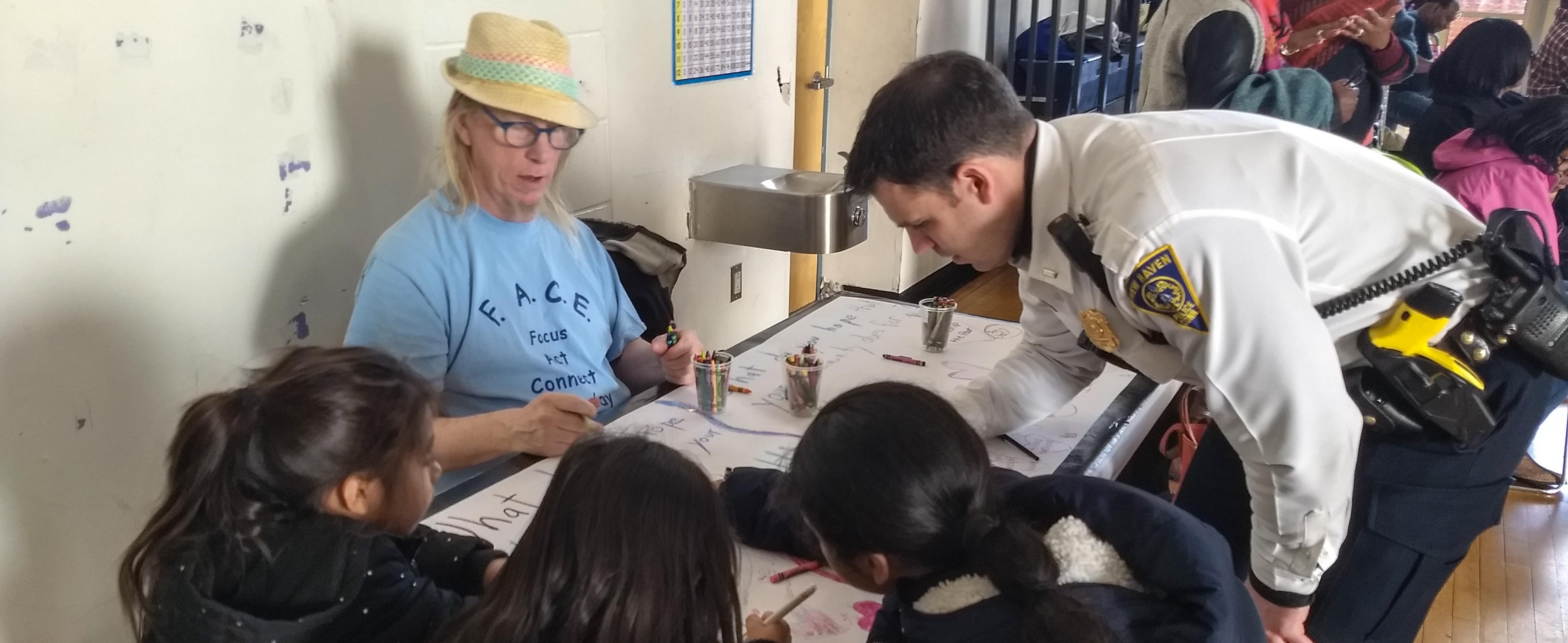Roles
Roles are things we do and positions we occupy in our communities, families, and society.
Roles are complex for a number of reasons. They shift and change over time and are often deeply connected to a person’s identity and self-worth. However, we may or may not choose our roles, and society confers expectations–sometimes unwelcome–along with roles.
Roles are often accompanied by “status”: for example, being a “mentally ill” person is often granted a “master status” that supercedes all other roles, even when the person herself/himself does not ask for that master status.
In citizenship, we focus on “valued roles”–roles that a person is proud of and that others recognize as important. Being a teacher, a parent, a student, an artist, a neighbor, a committee member, and/or a person in recovery are all roles that we recognize as important and valuable for society and the individual.
With roles, the complex dance is for the person to choose his/her roles and to take the lead in defining for themselves what it means to play that role within a social context.
